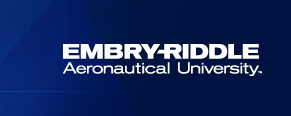Abstract
The future of space operations graduate education is reliant on industry leaders’ contributions to help forecast the needs of the industry. The aim of the current study is to build consensus on the future direction of the space industry and generate new knowledge on what the industry expects to occur in the future of space studies education. This study documents the responses of 14 industry experts who currently or previously held highly visible senior leadership positions in a company or organization within the government or the commercial space industry and have extensive experience in a variety of management and leadership roles at space-related companies.
The panelists’ qualitative responses were coded by themes related to the future of work for senior leadership in the industry. The findings from the consolidated responses included 20 educational and training content areas and nine shortcomings. The Delphi technique, a group consensus building process, was used to gain insight into the panelists’ responses (Dalkey, 1972). The research contributes to the body of knowledge on workforce education that can be used to inform faculty and administration in higher education on the relevance of program and curriculum content to address the future needs of the industry.
Acknowledgements
Thank you to my research collaborator Dr. Andy Aldrin for his notable investments in the directions of space graduate education and insights into the future of the industry.
Scholarly Commons Citation
Luthi, K. T.,
Aldrin, A.,
Wilson, K.,
&
Solti, J. P.
(2023).
Future Directions of Space Education.
International Journal of Aviation, Aeronautics, and Aerospace,
10(3).
DOI: https://doi.org/10.58940/2374-6793.1825
